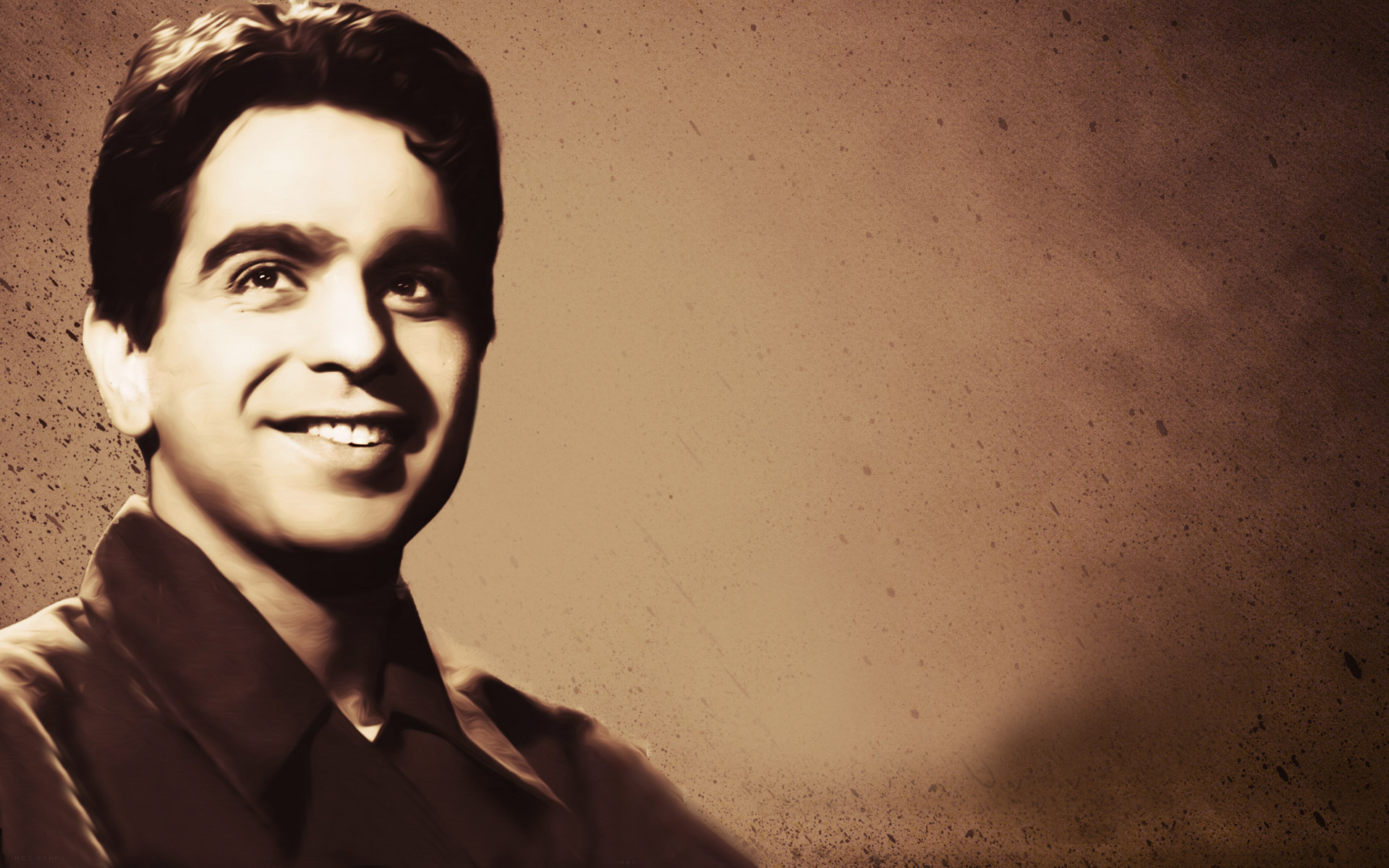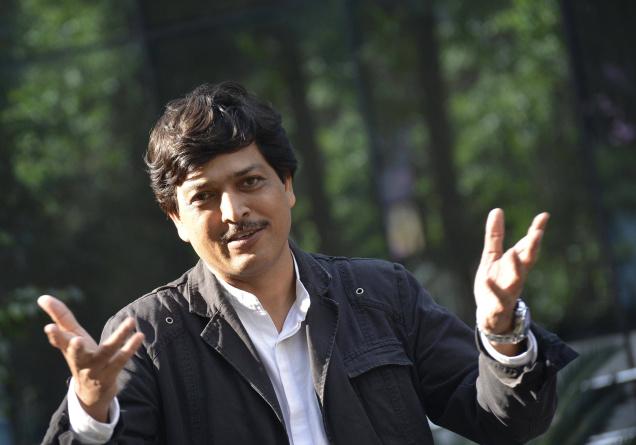Ashfaq Hussain interviews and discusses history, culture, literature and poetry with Bollywood legend Dilip Kumar.
Dilip Kumar (born Muhammad Yusuf Khan on 11 December 1922) is a film actor, producer, and activist known as Tragedy King, He helped to popularize the Stanislavski method of acting in India and was subsequently described as “the ultimate method actor” by Satyajit Ray. He debuted as an actor in the film Jwar Bhata in 1944 produced by Bombay Talkies. His career has spanned over six decades and with over 60 films. Kumar is known for his roles in films such as the romantic Andaz (1949), the swashbuckling Aan (1952), the dramatic Devdas (1955), the comical Azaad (1955), the historical Mughal-e-Azam (1960) and the social Ganga Jamuna (1961).
Rare & Unseen Photos of Mehmood
In 1976, Dilip Kumar took a five-year break from film performances and returned with a character role in the film Kranti (1981) and continued his career playing leading roles in films such as Shakti (1982), Karma (1986) and Saudagar (1991). His last film was Qila (1998).
He is the winner of 9 Filmfare Awards and is the first recipient of Filmfare Best Actor Award (1954). He still holds the record for the most number of Filmfare awards won for that category with 8 wins (Shah Rukh Khan tied with him in 2011). Critics acclaimed him among one of the greatest actors in the history of Hindi cinema.
The Government of India honored him with the Padma Bhushan in 1991, the Dadasaheb Phalke Award in 1994 and India’s second highest civilian award, the Padma Vibhushan in 2015 for his contributions towards Indian cinema and nominated him to Rajya Sabha, the upper house of Indian Parliament for a term. The Government of Pakistan honored him with its highest civilian honor, the Nishan-e-Imtiaz, in 1997.
Interviewed in Toronto, Canada in 1985 as part of Asian Horizons (precursor to modern day Asian Television Network – ATN).




